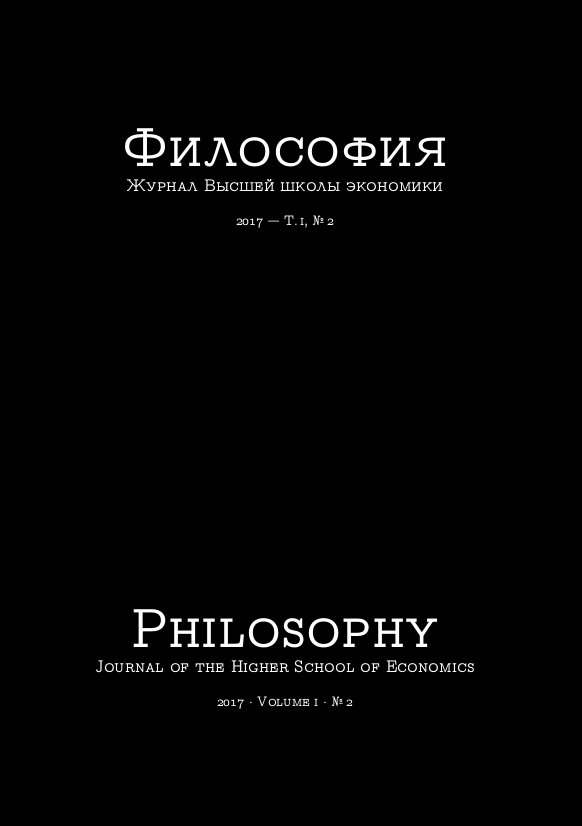The Third "Lecture on Political Right" by L. Donoso Cortés
Abstract
The article presents the main ideas of the third of ten “Lectures on Political Right” read by the outstanding Spanish political conservative philosopher of the XIX century Juan Donoso Cortés in the Madrid “Ateneo” in 1836–1837. During the lecture, Donoso analyses the political philosophy of Plato and L. G. A. de Bonald, proving that both philosophers, with all their diff erences, created in general the similar “theory of despotism”. Criticising Plato and Bonald from a liberal position, Donoso opposes Enlightenment concept of freedom to their understanding of power as being despotic, and the liberal-bourgeois notion of the individual as reasonable man — to their knowledge of the state as the absolute one. The lecture is analysed in the broad context of the political struggle between the liberal-conservative wing of the moderados party and its opponents on the left (progressists) and on the right (the Carlists). The author proves that some of the opinions expressed by Donoso, who in the second half of the 1830s was at the liberal-conservative stage of his ideological evolution, later will change. In particular, his attitude towards Plato and L. G. A de Bonald will become positive, and a shift in emphasis will be made in the interpretation of G. Vico’s works. Meanwhile, the others (his driven by geopolitical reasons hostility to Russia, his desire to put up the “Anglo-Saxon race” against it, etc.), on the contrary, will only get further development. As a result, the Donoso’s lecture acquires the unique conceptual and theoretical sounding, thereby demonstrating that the political philosophy of Spanish liberal conservatism is an integral part of the all-European one.






